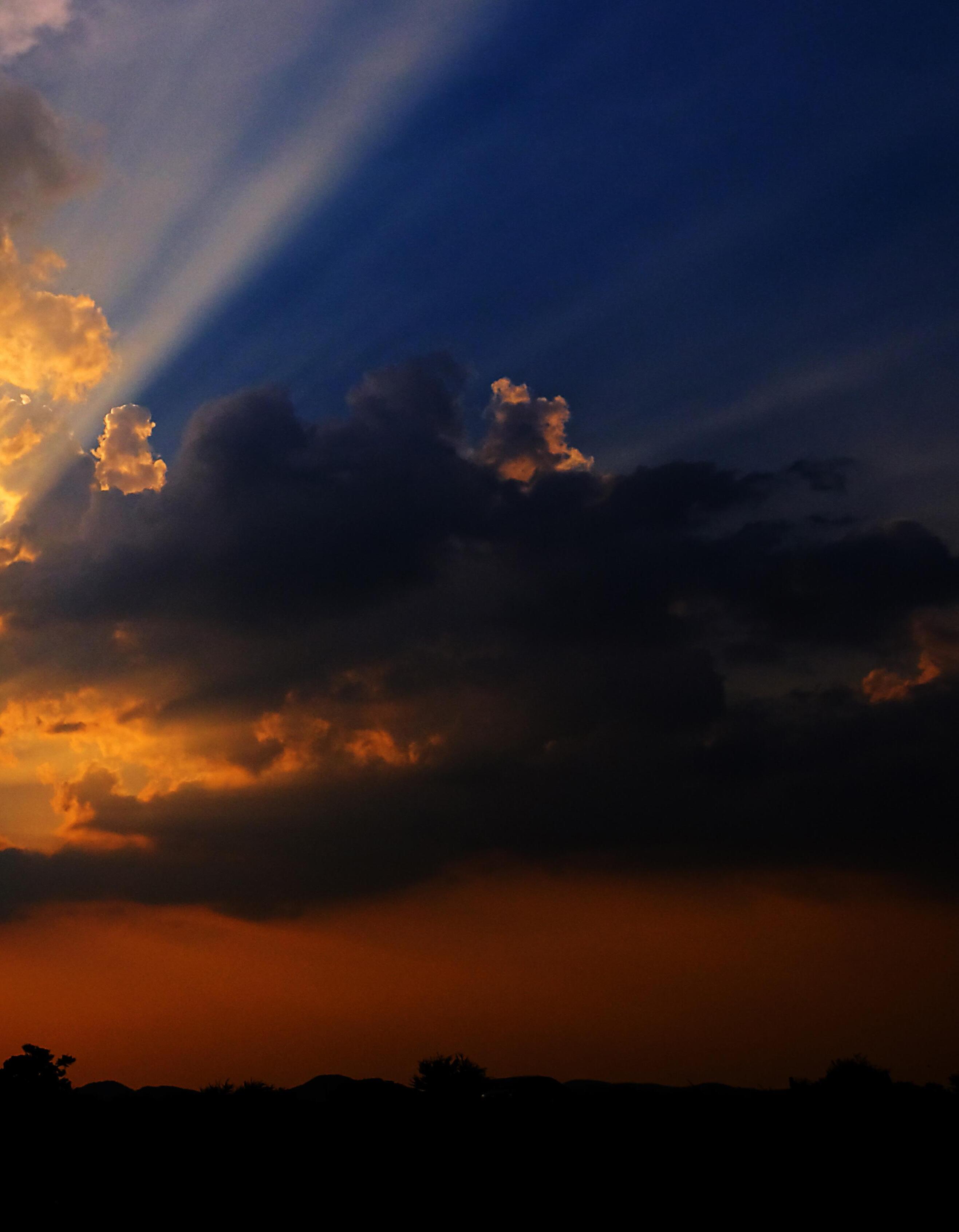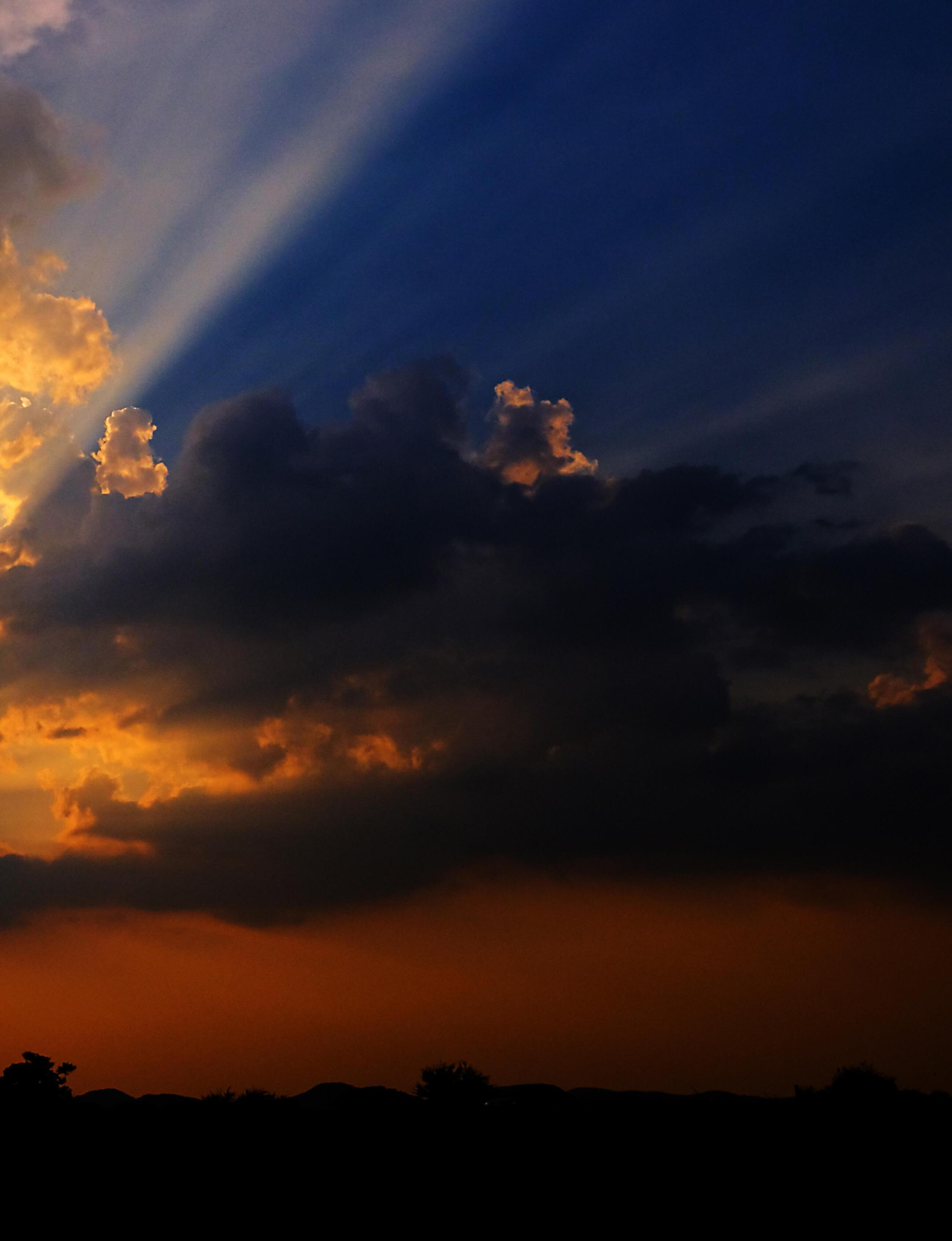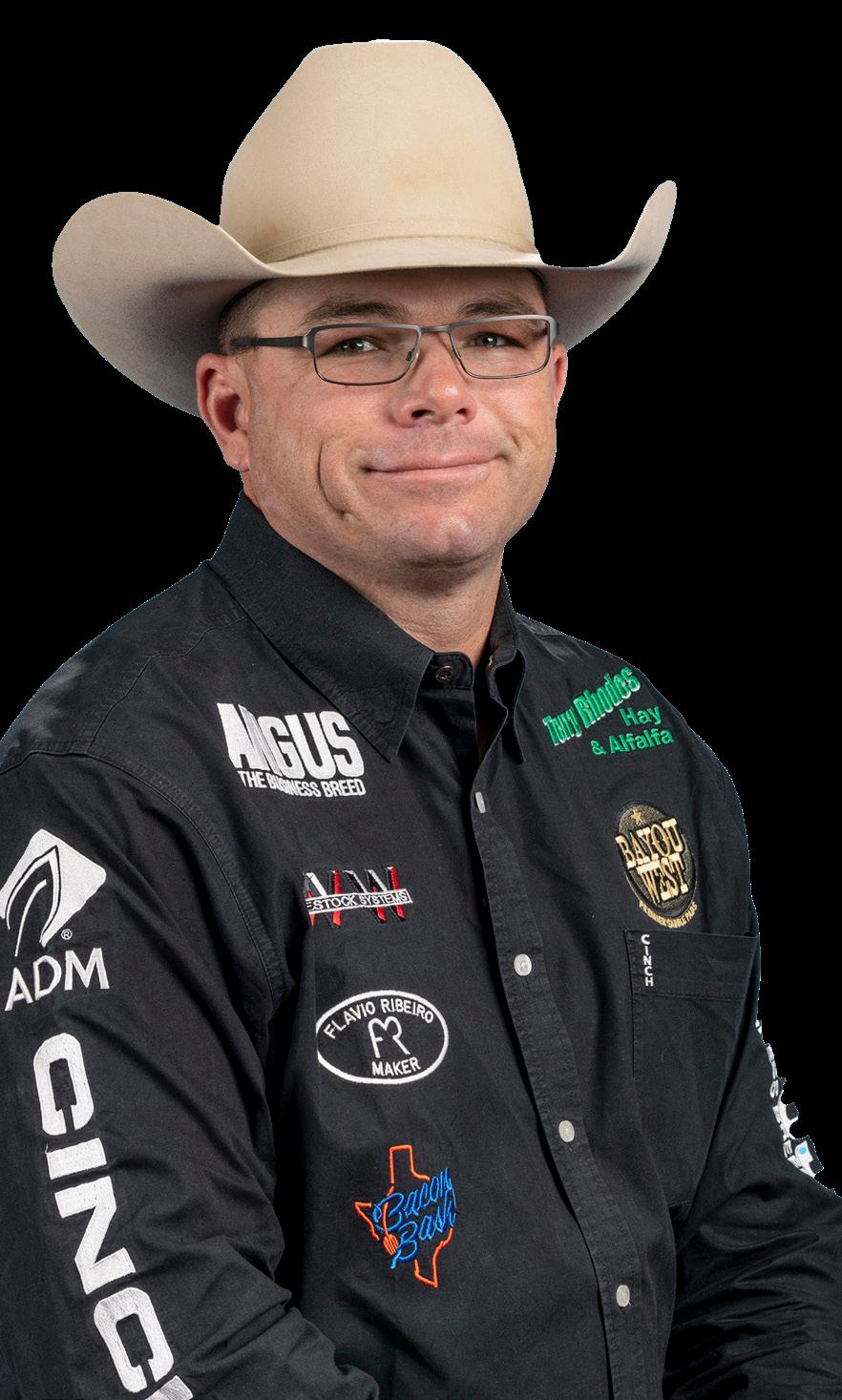
8 minute read
An Interview with MATT REEVES
Rodeo Life: You are on course to enter the Wrangler National Finals Rodeo (WNFR) in first place in the World Standings, how are you preparing for your runs at the Globe Life Field this coming December? What would it mean to win your first World Champion title?
Matt Reeves: It would mean everything. We are at our last rodeo right now in Rapid City. We will practice quite a bit throughout November. We are going to ease along and keep our horses in shape and do a few things in October and then we will be ready. The last two weeks we will really ramp up and get serious.
RL: You’ve qualified for the Wrangler National Finals seven times, coming up on your eighth qualification. What have you learned from your past performances that will help you qualify again this season and hopefully secure your first World Title?
MR: You can’t get too caught up in anything. You have to keep running steers night after night and go fast.
RL: You’ve already had one big win in Arlington, TX this year at The American, how does it feel to go back to take a shot at winning a World Title there? Are you excited about the change in venue for the NFR?
MR: Yes, It’s nice and it’s close to home. It won’t take as long to get there and get back. Arlington has been good to me –Metropolitan Texas rodeos have been good to me. I made the first NFR I’ve ever made in Dallas, Texas at the last rodeo you can go to. I’ve done well at Fort Worth and Arlington has been really good to me. It’s been a good place for me.
RL: How has COVID-19 changed the course of rodeoing this year?
MR: It has changed rodeo drastically. Especially in bull dogging. It has put everybody at all of the same rodeos so it is exceptionally important to have a good run. It has made the drives between rodeos worse. It feels like we have driven just as much for way less, and has made rodeo feel like a much more expensive task this year.
RL: How has rodeo changed over the past twenty or so years? What do you foresee the future of rodeo looking like?
MR: I think there have been a lot of good things in rodeo. There’s a lot more rodeos that have big money and a lot of rodeos that have more money than they did before. The addition of having rodeos televised on the Cowboy Channel as well as having a more efficient app platform is getting rodeo out to a larger audience. I think those things are helping. I don’t know exactly where it is going to go but I hope that we continue to have more and more of the big money rodeos. A lot of rodeos want to be a tournament, but the problem is there are very few that have enough money to be a tournament. But more of the rodeos are stepping up trying to get there. As long as we keep adding money it’s good for the cowboys; when cowboys get paid more then contractors get paid more and all of the other personnel get paid more – it brings more money into rodeo all the way around. I do believe that having an entire channel and time dedicated to rodeo is a great thing. I hope the Cowboy Channel continues to increase the exposure of rodeo.
RL: What is the life of a professional cowboy like?
MR: We are professional truck drivers with a rodeo habit. Everybody thinks that rodeo is a ton of fun. They come to their local rodeo, they go three days and it’s a big party – but it’s not always that easy. Especially this year, there was a lot more driving then there was anything else. And the driving seemed much worse this year, I don’t know why but it just did.
RL: Who do you travel with?
I travel with the guys I rodeo with. In the winter there were three of us all of the time and in the summer, there were four of us. My oldest boy went with me some. He went to the week at Dodge and some things. My wife has a job, she’s a nurse so we can’t travel like that.
RL: How do you keep yourself entertained on the road?
MR: We are easily entertained. We will watch some movies and play some cards as we drive. You have to get there, get ready to rodeo and then do it all again, there’s not a lot of downtime.
RL: You almost have two decades of PRCA competing experience under your belt, what is the greatest thing you’ve learned in your time being a part of the PRCA?
MR: The highs can’t be too high, but more importantly, the lows can’t be too low. You have to stay even and level. You are only competing against the animal that you got. Strive for perfection and understand that it is unobtainable, but strive for it anyway. Everything has to go smoothly to win and do well in the PRCA. Everyone has to be on the same page: the steers have to have a good day, the hazer has to have a good day, you have to have a good day, and the horse has to have a good day. Not everyone can have a great day, every day, all at the same time. You need to learn to roll with the punches and not let the lows get too low. You have to be honest and real with yourself and figure out what happened and go from there.
RL: How do you physically and mentally prepare before a rodeo? How do you prepare your horse?
MR: I spend a lot of time with the horses. I think we’ve done a good job of having them ready before we’ve took them and hauled them – I’ll haul horses when they are pretty young and I will just keep exposing them, maybe earlier than some think, and work through it with them. I think that’s a big thing because once they get to where they’re solid and finished then they are ready and there’s not as much prep. g
Personally, for mental focus, you need to figure out your game plan and stick to it. Don’t deviate from what you normally do. I believe you need to have a positive attitude and be around people that want to win and also have positive attitudes. The three of us that have been together all year has worked well; we all fed off each other. That was one of the best parts of winning and going along. They are younger than I am by quite a bit, but they want to win, they want to ride and they want to do good and it was important for me to be around that energy.
Physically, we stay busy at home. There’s being in shape then there’s being in bulldogging shape. To be in bulldogging shape you have to run some steers. You need to be physically fit but you need to run steers. I’ll have October down a little more than normal and in November we will amp it up to make sure we are in bulldogging shape.
RL: What are some of the hardships you face as a cowboy? How do you get through them? What advice would you give other cowboys and cowgirls going through those same hardships?

MR: Being away from your family. That has changed a lot for me in the last few years with younger kids. That is the worst for me, being gone and away from my family. Unless there is outside money from somewhere, it is unrealistic to think that you and your whole family can drive around and do this by yourselves and make any money. You have to have either an unbelievable sponsor or outside money from somewhere – that’s just life. That time that you’re gone is hard. You miss this, that and the other when you’re away sometimes. That’s probably the worst hardship. That and just the wear and tear of driving and being out and doing it – the bumps and bruises you go through to be ready and actually do it. It wears on you, and it wears on you with age I think I realize more now.
You better love what you’re doing and when you don’t love it anymore then it’s time to step away. I see a lot of people leave rodeo bitter and I think they leave bitter because they stayed too long. Maybe when they knew they wanted to walk away they didn’t. I don’t ever want to be bitter towards rodeo. If there comes a day where I don’t want to get in the truck and go anymore, I’m not going to. I still enjoy seeing the country and everything else, but if the stress of being gone and disappoint of not being home is greater than the joy of seeing the sights and winning then it’s time to stay home. There are a lot of ways to make a living and rodeo is not an easy one, so if you don’t love it, you have to find something else. Rodeo can be extremely rewarding and can turn out to be a good living, but it’s a hard living and there’s a lot of sacrifices. When the sacrifices outweigh the benefits of doing what you love and enjoying it then it’s time to find something else.
RL: Do you have any plans for after your rodeo career?
MR: Rodeo has been good to us. I want to keep making some horses. I’ve got a few cows put together, not nearly enough yet. I bought a skid steer and a mulcher and I’ll make a business there. I’m ready to raise kids, have fun and do other things as well aside from rodeoing. I look forward to these things – to have these cattle and get this equipment and give ourselves a chance to have another income.

RL: Who was your biggest influence when you stared rodeo? Have you taken anyone under your belt and showed them the ropes?
MR: I started rodeo with my dad. We took off and we got to rodeoing. When I started rodeoing hard and going full time with it, my father-in-law Sam (he wasn’t my father-in-law yet at the time) he gave me advice on what to do and how to take care of the horses while being gone so much. He was one of the biggest influences at that point.
Those guys that are with me are younger. Cody, he hazes for me, he got out of school and he started rodeoing with me. We’re great friends now – we were friends before rodeo and we still are. Some other young guys have gone with us. Everybody this year was in their twenties aside from me so it was a different dynamic, but I think it keeps me young, so it’s good. It doesn’t do any good to gain knowledge and not pass it on so I don’t mind telling someone what I think. It may not be what they think and may not help them but I don’t mind telling them.
RL: What does a typical practice look like for you? What do you focus most on?
MR: There’s really something different to work on each time. There are some practices where the focus is mainly on the horses and making sure everything is sharp and making sure the horses and hazers are locked in. You always want them to hit, but there’s no point in going to practice with everything in mind. You need to have something in mind to focus the practice on. Practice is practice – you need to do things in steps sometimes. So, there are different things to work on each day and you break down each part of the run.
Is there anything about Steer Wrestling or the rodeo industry that you would like people to know?
MR: I love Steer Wrestling because there is contact and I always liked that part of it. Rodeo is a fun but very hard way to live a life, but for the general population is a great entertainment dollar. It’s just a great entertainment dollar that should get more exposure.


